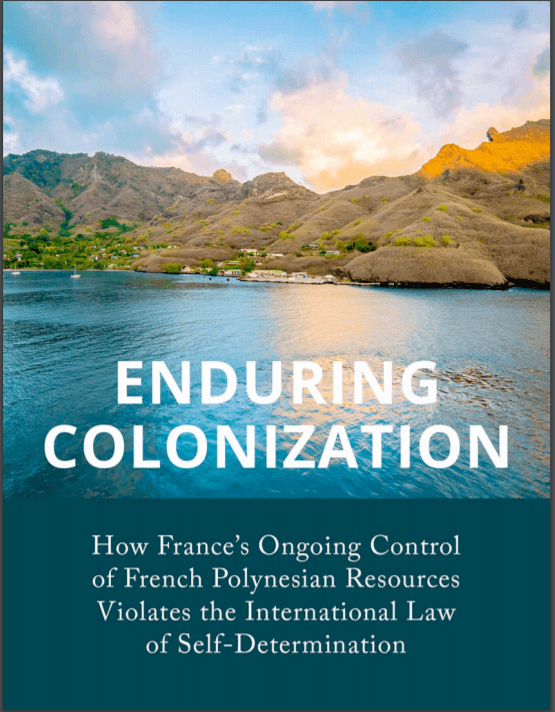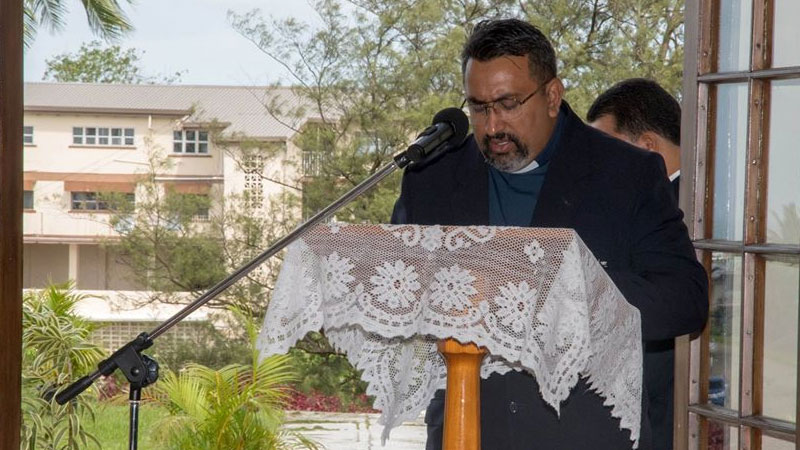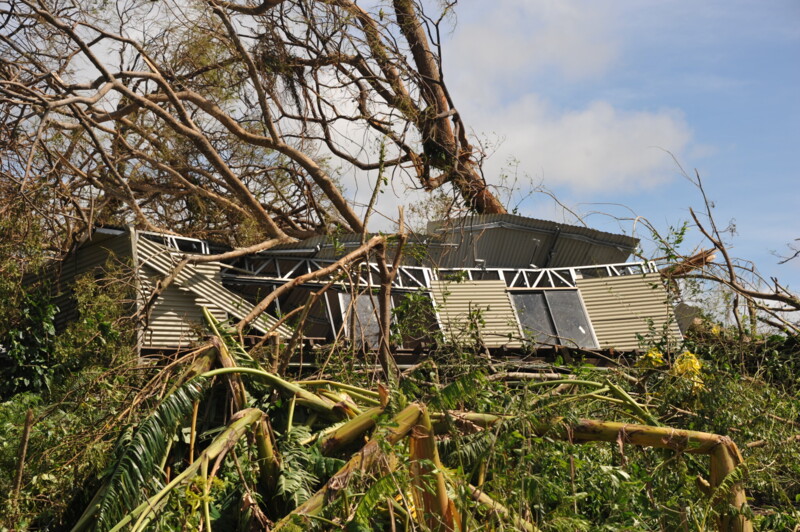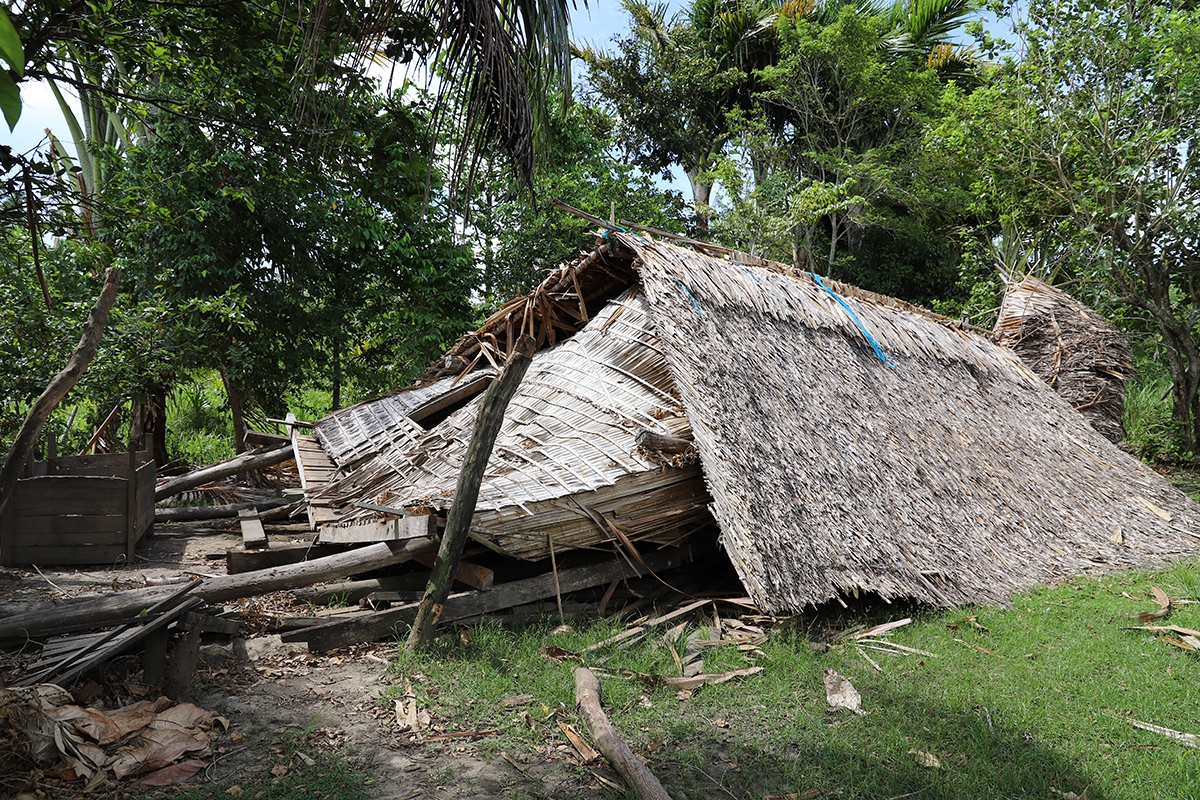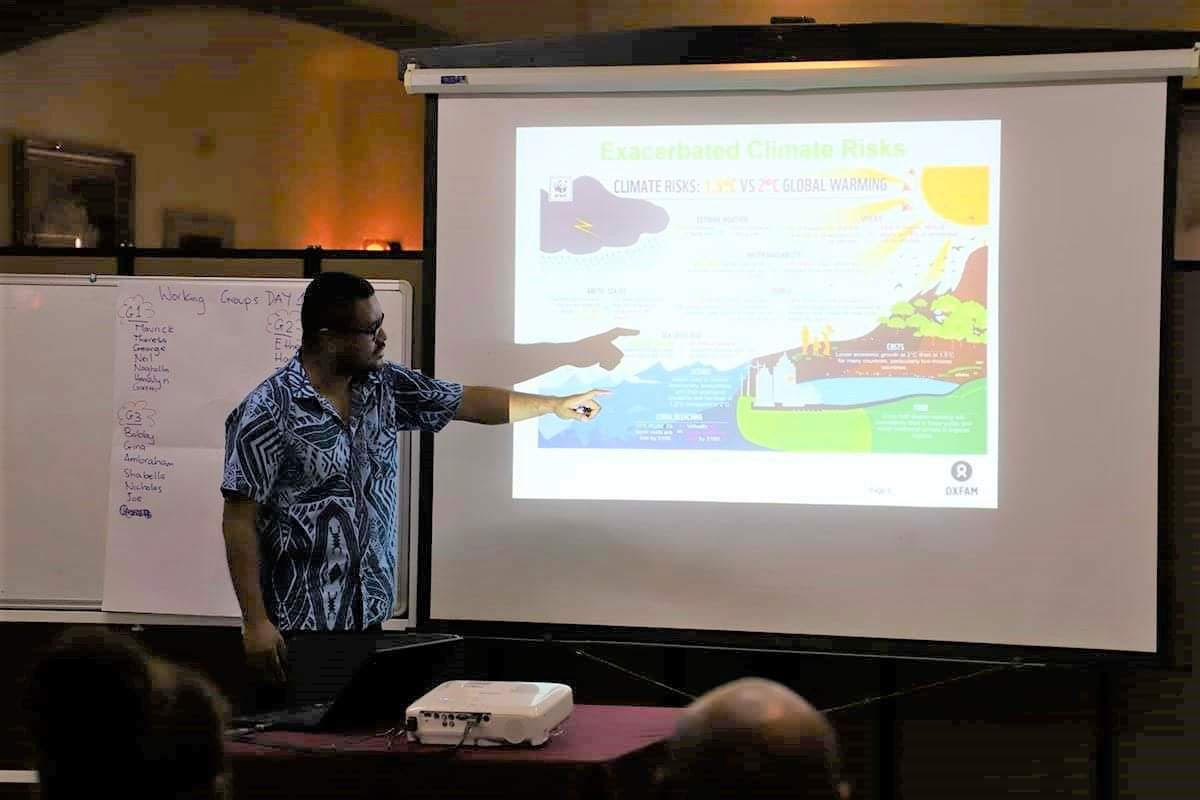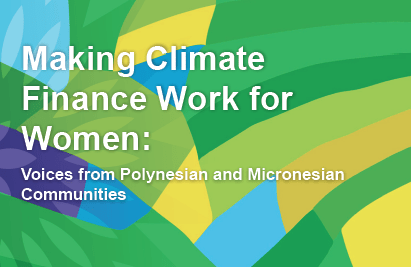The Pacific Network on Globalisation (PANG), Blue Ocean Law (BOL) and the Allard Law International Justice & Human Rights Clinic (IJHR) at UBC, has released a report highlighting how France’s ongoing control of French Polynesia’s natural resources violates the basic human right of self-determination.
Entitled “Enduring Colonisation: How France’s Continuing Control of French Polynesian Resources Violates the International Law of Self-Determination”, the report is an independent policy and law analysis of the situation faced by French Polynesia and its peoples, who remain under the effective administrative and political control of France. Despite pretenses of autonomy, France’s policies, particularly with respect to French Polynesia’s vast maritime territory and marine resources, show no signs of relinquishing effective control over issues of strategic access or future resource exploitation. According to attorney Julian Aguon of BOL, “France appears intent on retaining its position as a global power largely through leveraging French Polynesia’s blue economy as its own.”
Based on extensive research and interviews carried out throughout French Polynesia, the report takes a nuanced look at the complex administrative system in which the people of French Polynesia appear to enjoy autonomy over various areas of domestic concern. In reality, it finds that the islands remain hugely valuable to France both financially and politically, while French Polynesians are losing opportunities to harness their own resources and pursue locally-driven economic development.
“Coming from other parts of the Pacific, we recognise a pattern of colonisation and resource exploitation similar to that which has occurred throughout our region,” says PANG coordinator Maureen Penjueli. “The history of France’s devastating nuclear programme in French Polynesia is equally familiar and distressing.”
In addition to a factual overview, the report provides a brief analysis of the international law of self-determination and how it applies in this case. The report is meant to serve as a useful tool and launching point for debate for civil society, politicians, and others in French Polynesia as well as other parts of the Pacific enduring or recovering from legacies of colonisation.

